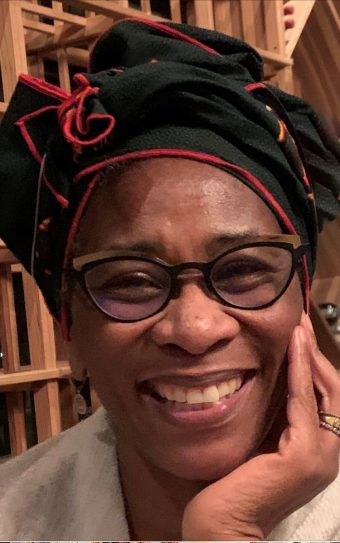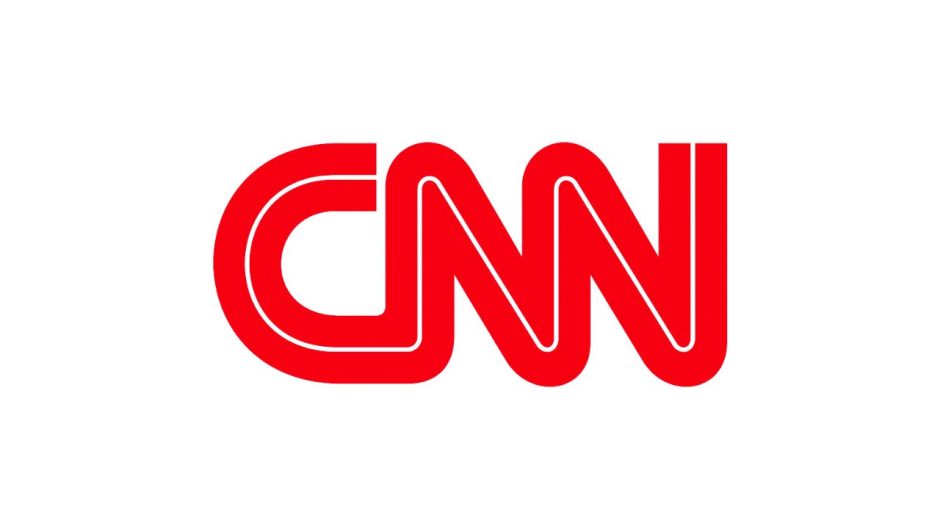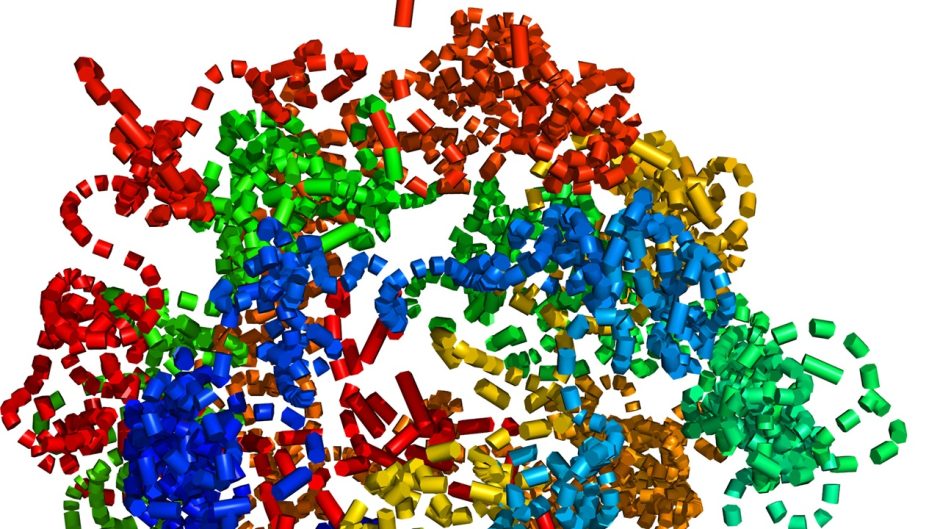May 11, 2021
Contact: Deidra Ashley, ashleyde@missouri.edu
NextGen Precision Health is the highest priority of the University of Missouri, its partners across the UM System, MU Health Care and MU Extension. The initiative will accelerate precision health by bringing people and resources together to develop and eventually deliver the right treatment to the right patient at the right time.
The NextGen Precision Health Discovery Series helps Mizzou and other System faculty and staff, the statewide community and other partners learn more about the scope of precision health research and identify potential collaborative opportunities. In the most recent talk on May 4, Fungai Chanetsa, associate director of research administration at the Ellis Fischel Cancer Center, explored the value of team science and how it could accelerate NextGen discoveries to achieve broader and faster solutions. Here are five key takeaways:
1. Teams doing science is not team science
Chanetsa gave the example of Transdisciplinary Tobacco Use Research Centers: By bringing together investigators from multiple disciplines (pharmacology, genetics, psychology, neuroscience and behavioral science, etc.), researchers were able to accelerate scientific advances more quickly to produce potentially comprehensive and effective solutions to nicotine addiction.
2. Expanding the way we think about research invites generative possibilities
The NextGen initiative aims to develop a team science mindset that broadens the way we think about and conduct research — an evolution that erodes silos and encourages interdisciplinary collaboration.
To achieve this, Chanetsa recommends researchers:
- Consider the bigger question, who it impacts and how the input of the stakeholder could innovate how to approach the question.
- Learn about ongoing interdisciplinary work at MU and the System, and how other disciplines could contribute to their own work
- Consider how those outside traditional disciplinary boundaries might bring a new perspective or critical strategy to their work
- Identify and utilize shared core facilities, resources and researchers within the NextGen groups and across campus to advance their research
As we make this shift, there will be challenges, and researchers must work together — with the support of campus leaders — to stay committed to the team science approach.
3. NextGen is fertile ground for collaboration beyond the walls of a physical building
The strength of the NextGen initiative lies in its people and resources — not just its flagship building. Team science requires a deliberate and coherent approach to guide what we study, who we study, how we conduct studies and who is involved in the research process.
Researchers from across campus and the System, along with industry partners, must work collaboratively in novel ways that transcend disciplinary and organizational boundaries—beyond the walls of the NextGen building — to accelerate precision health innovations to improve the health of Missourians and the world.
4. Diversity in discipline, culture, gender and geography enhance the success of team science
Collaborations that span organizational and contextual boundaries — along with gender, cultural and ethnic diversity — enhance the impact of research.
To build a team science culture, researchers must learn and adopt many skills to facilitate successful collaboration and to achieve scientific breakthroughs that would otherwise be unattainable through either individual efforts or sequential additive contributions. Team science toolkits, online modules, ongoing workshops and retreats are a just a few examples of how we can build and sustain interdisciplinary collaborations.
5. There are broader impacts to participating in team science
Transdisciplinary teams have been found to be more productive and innovative, and to yield greater scientific impact and broader dissemination of results because of cross-fertilization in publication. Boundary-crossing collaborations can also advance the careers of researchers who participate in team science. Importantly, institutional support for team science is essential to success.
View the full presentation





